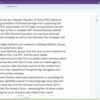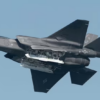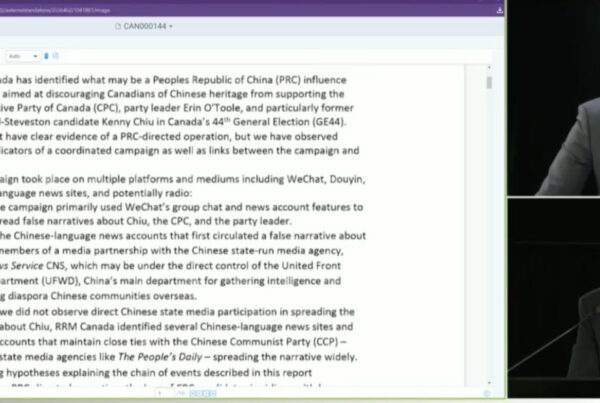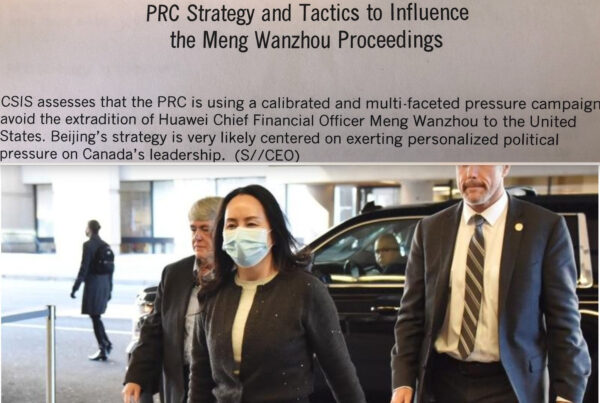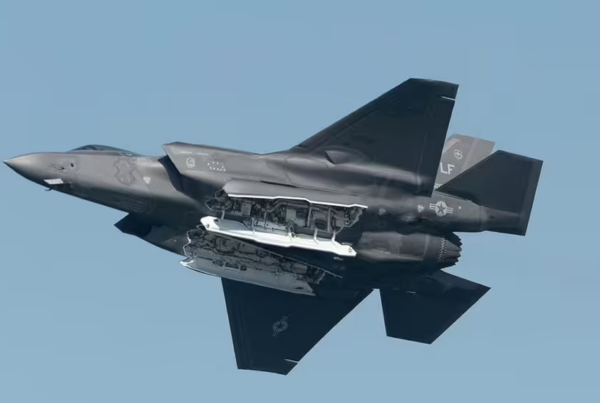October 2022 Intelligence Assessment suggests Indian Consulate interfered in Conservative Federal leadership contest
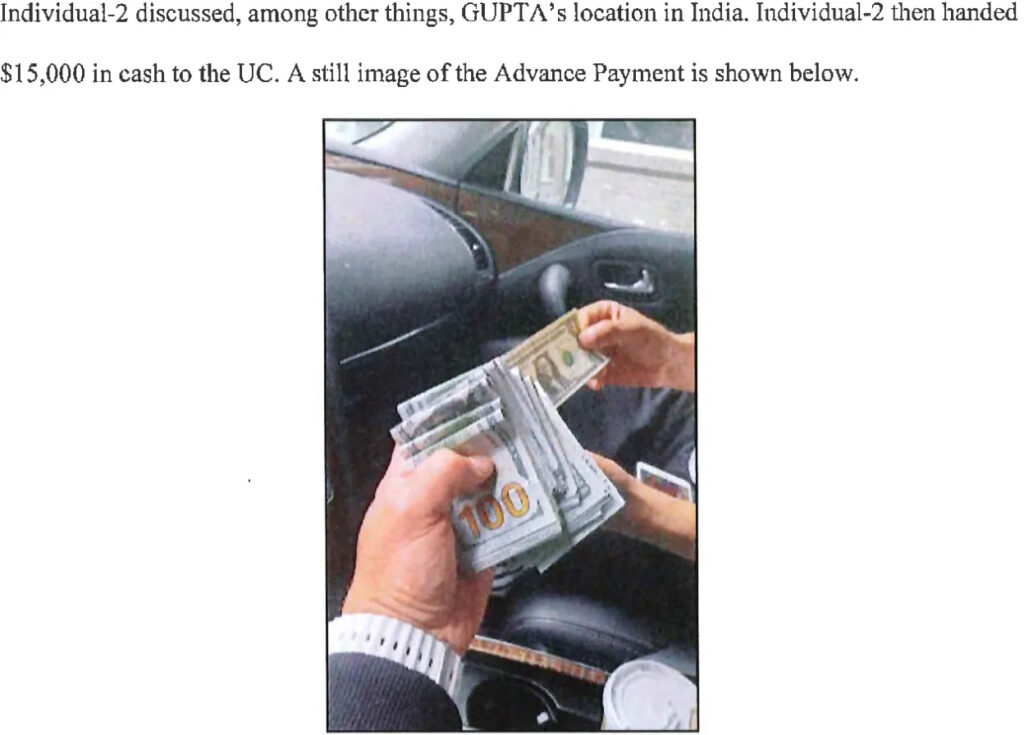
The DEA responded rapidly to an Indian government assassination plot and used its sources to gather evidence.
(Written by Sam Cooper, originally published here in The Bureau, republished with permission.)
Government of India agents appear to have interfered in the Conservative’s 2022 leadership race by purchasing memberships for one candidate while undermining another, and also boasted of funding “a number of politicians at all levels of government,” according to CSIS.
The allegations come from an October 2022 CSIS Intelligence Assessment that details sweeping election interference operations from hostile states including China and India.
The Bureau has reported on numerous Chinese efforts to clandestinely fund preferred candidates, as cited in this high-level CSIS report, which explains how Beijing leverages diaspora groups to elect Canadian politicians.
China is by far the biggest threat in this foreign corruption, which offers candidates campaign workers, funding and media support, in exchange for secretly advancing policy positions “to the detriment of Canada.”
But the “Canadian Eyes Only” October 2022 report underlines that India is using the same corrosive tactics as Beijing. And allegations that India uses proxies to corrupt Canadian politicians have gained new urgency since CSIS filed this report.
That’s because an explosive U.S. Department of Justice indictment unsealed last week charges that Indian government agents were caught red-handed while directing international gangsters in assassination plots against a number of Sikh separatists in Canada and the United States.
The indictment suggests masked gun men that murdered Khalistan-separatist Hardeep Singh Nijjar in Vancouver on June 18 were directed by the same Indian intelligence handler that subsequently accelerated a plan to murder Nijjar’s associate in New York City.
The terrifying connections between Indian security officials and transnational gangs revealed by this U.S. investigation, resemble similar criminal networks active in Beijing’s United Front-linked police stations and election interference in Canada, according to a new intelligence report from a Washington-based anti-corruption NGO.
The report says Canada is ill-equipped to deter a new lethal form of transnational crime that fulfills geopolitical objectives for states including China, Russia and Iran.
It isn’t clear whether Canada’s upcoming Foreign Interference Commission, which has been criticized for its narrow mandate, will examine the U.S. Justice allegations cited in this story, or evidence from RCMP that foreign states including China are employing organized crime proxies to interfere in Canada.
Gatekeepers
The October 2022 Intelligence Assessment says “a body of CSIS reporting since 2020 indicates that a Canadian GoI [Government of India] proxy agent continues to claim that they are providing electoral support – including significant amounts of money – to a number of politicians at all levels of government.”
It says the unidentified Indian agent is trying to keep pro-Indian politicians in office with clandestine funding, but also to forge “a bond with newly elected politicians who, in turn, will owe the proxy agent future favours.”
And like Chinese Communist Party-affiliated community leaders that attempt to corral Chinese-language voters for preferred candidates, CSIS says this Indian agent is “a gatekeeper for the sort of community support upon which political candidates rely for electoral success in ridings with a significant South Asian diaspora.”
AsThe Bureau recently reported, the Intelligence Assessment strongly suggests Beijing’s proxies infiltrated the Conservative’s federal leadership race in 2022, after leader Erin O’Toole was attacked with Chinese disinformation in the September 2021 election and failed to retain caucus support in the aftermath.
The document suggests India also tried to elect the Conservative’s new leader.
“CSIS intelligence indicates that the Government of India has engaged in Foreign Interference activities related to the leadership race for a political party in Canada,” the October 2022 report says.
It continues, saying “recent CSIS reporting indicates that a proxy agent claims the Government of India is providing support to an elected Canadian politician’s campaign for the leadership of a political party in Canada, by securing party memberships for that campaign.”
The elected Canadian politician isn’t identified.
The document says “separate CSIS reporting” alleges an Indian Consulate in Canada “informed a different leadership candidate who was running for the leadership of the same political party that he ‘cannot attend any Indian community events or events hosted by the [Consulate].’”
The October 2022 Intelligence Assessment says this unidentified leadership candidate had previously taken a policy position contrary to India’s interests, which is why India tried to hinder his campaign in the diaspora.
“This example [of election interference] highlights the degree of influence some foreign states can have over diaspora communities, acting as gatekeepers between elected officials and community organizations,” the document says.
Both the Greens and Conservatives had leadership races in 2022 but details of this case suggest the Conservatives were the party targeted by India.
Canada’s Foreign Interference Commission isn’t mandated to investigate China’s and India’s alleged clandestine support of some prominent Canadian politicians within party leadership races.
Conservative director of communications Sarah Fischer said the party and its leader Pierre Poilievre aren’t aware of the CSIS allegations reported in this story.
“Party memberships purchased during the last leadership race could only be purchased with a personal credit card, personal cheque or Canadian bank-issued money order,” Fischer said. “Unlike the Liberal Party, the Conservative Party does not hand out free memberships.”
Asked whether Poilievre’s Conservatives believe Canada’s upcoming Interference Commission should probe allegations that hostile states are using organized crime in Canadian interference, Fischer issued this response.
“Absolutely the inquiry should look at all efforts of foreign interference, including whether governments might be enlisting proxies such as criminal groups.”
“We have so many targets”
Justin Trudeau shocked the world Sept. 18, standing in Parliament and citing credible intelligence linking India to the June 2023 murder of Hardeep Singh Nijjar, a Vancouver-based Khalistan-separatist that India had previously accused of terrorism.
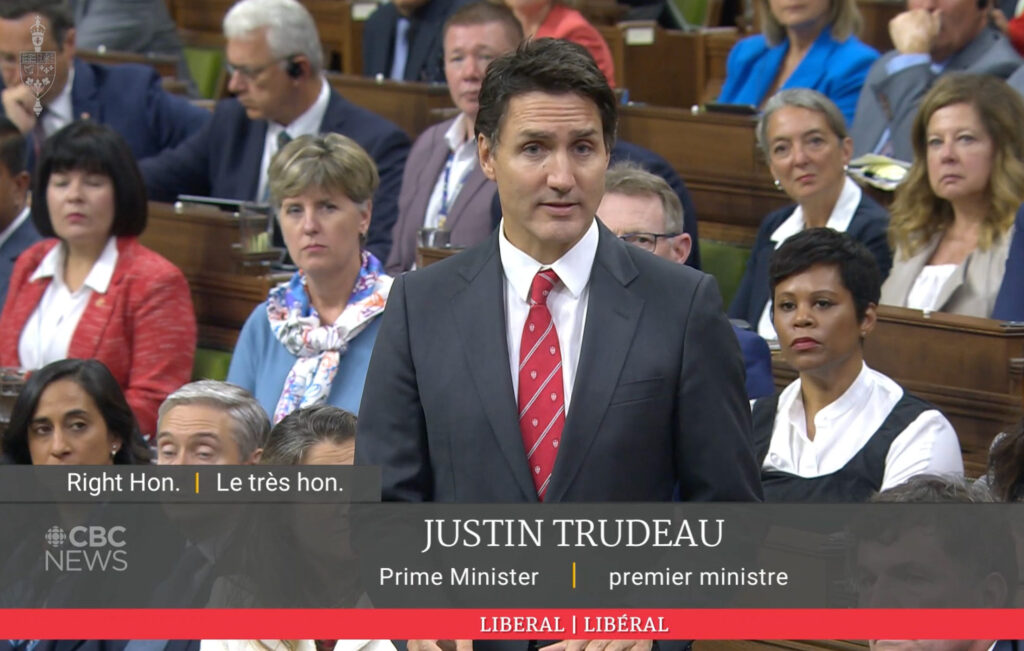 It’s now clear Trudeau had apparently learned of undisclosed details related to the United State’s June 13, 2023 indictment, accusing Indian citizen Nikhil Gupta, an international drug trafficker, of racketeering and conspiracy to murder a United States citizen.
It’s now clear Trudeau had apparently learned of undisclosed details related to the United State’s June 13, 2023 indictment, accusing Indian citizen Nikhil Gupta, an international drug trafficker, of racketeering and conspiracy to murder a United States citizen.
In a new indictment, unsealed Nov. 29, the U.S. government alleged Indian officials were behind Gupta’s hiring of a hitman to kill a Sikh activist in New York City.
“We will not tolerate efforts to assassinate U.S. citizens on U.S. soil,” U.S. Attorney Damian Williams said, announcing the charges.
His words were backed by a 15-page document that demonstrates the powerful reach of U.S. law enforcement and its allies, including Czechoslovakia, where police arrested Gupta June 30, when his flight from India landed.
The indictment says the Indian government, including an intelligence official described as a “senior field officer” with “battle” training, directed a transnational criminal network headed by Gupta, a self-described drug and weapons trafficker, facing criminal charges in India.
The Indian security official had used these charges as leverage to recruit Gupta in May 2023, the U.S. government alleges. Their target has been identified as Gurpatwant Singh Pannun, a lawyer and associate of the Vancouver Khalistan-separatist, Nijjar.
Gupta agreed to use his gang against a number of Sikh activists, including at least four targets in Canada, if Indian police would drop charges against him, according to the indictment.
On May 23rd, the Indian government official, only identified as Co-Conspirator 1, promised Gupta he had “‘spoke with the boss about your (case),’ that it was ‘all clear,’ and ‘nobody will ever bother you again,’” the U.S. indictment says.
Experts on hostile state activity — including David Mulroney, the former Canadian ambassador to China — say Beijing also leverages criminal charges to compel gang leaders to fulfill missions for the Chinese Communist Party in democracies such as Canada and Australia.
In June 2023, the U.S. indictment says, the Indian intelligence official green-lighted a deal brokered by Gupta to pay an assassin US $100,000 to track and murder Pannun in New York City. And on June 9, the Indian official arranged for another person to make a $15,000 cash downpayment to a hitman in Manhattan.
But the “hitman” was really an undercover United States Drug Enforcement Administration (DEA) officer.
The DEA, backed by forceful U.S. counter-narcotics and counter-terrorism laws, has agents and sources buried within criminal networks worldwide. In this case, a DEA source had got wind of Gupta’s plot, informed the U.S. government, and introduced the purported hitman to Gupta, setting a powerful sting and surveillance operation in motion.
The U.S. government captured numerous encrypted texts, calls and video messages to follow Gupta’s and Indian intelligence’s communications inside India, and also Gupta’s communications with DEA sources and agents in the United States. Gupta used Hindi, English and sometimes Spanish phrases with the DEA’s criminal informant.
Gupta urged the DEA undercover operator to make haste in killing Pannun, the indictment says, and then abruptly slammed on the breaks in mid-June, for geopolitical reasons.
Gupta “specifically instructed the Undercover not to commit the murder around the time of anticipated engagements scheduled to occur in the ensuing weeks between high-level U.S. and Indian government officials,” the indictment says.
But concurrent events in Vancouver accelerated the plot to kill Pannun.
On June 12, Gupta told the DEA informant they had a “big target” in Canada.
On June 14 he messaged this DEA informant “we will be needing one good team in Canada, also.”
The next day he told the DEA informant Gupta was “waiting [for] the details” about the Canadian target.
On the 16th he told this same informant “we are doing their job, brother. We are doing their New York [and job in] Canada.”
By “their job” Gupta meant the Indian government’s targeted assassinations, the indictment says.
But the Indian officials had someone else ready in Canada.
“On or about June 18, 2023, masked gunmen murdered Hardeep Singh Nijjar outside a Sikh temple in British Columbia, Canada,” the U.S. indictment says. “Later that evening, just hours after the Nijjar murder, [Indian government official] CC-1 sent Gupta a video clip that showed Nijjar’s bloody body slumped in his vehicle.”
“About an hour later,” the indictment continues, “CC-1 sent Gupta the street address of the [Sikh lawyer’s] residence in New York City.”
According to the indictment, after receiving the video of Nijjar’s dead body, Gupta “replied that he wished he had personally conducted the killing and asked CC-1 for permission to “go to the field.”
But the Indian official “responded that “secrecy [is] important,” and “better you do not get involved in action.”
The next day, Gupta told the DEA undercover officer that Nijjar had also been his target, and “we have so many targets.”
On a separate call with the DEA informant, Gupta said “we didn’t give to [the DEA undercover officer] this job, so some other guy did this job … in Canada.”
Gupta added they now needed to kill Pannun immediately, because they had three additional assassinations to complete in Canada before June 29.
“He [Pannun] will be more cautious, because in Canada, his colleague is down,” Gupta allegedly said. “If he is not alone, [if] there are two guys with him in the meeting or something . . . put everyone down.”
Canada’s Weakness
As The Bureau has reported, Prime Minister Justin Trudeau’s government halted a CSIS plan in 2017 to intervene against Indian intelligence monitoring and targeting of the Sikh diaspora in Vancouver, for political reasons.
This information from NSICOP, a bipartisan intelligence review body, underlines the concern that Trudeau’s government has frequently valued trade and political ties with China and India over security interventions recommended by CSIS, a June 2019 draft report for Trudeau says.
But the killing of Nijjar also seems to raise questions of whether CSIS and the RCMP were made aware of the Indian assassination plot inside Canada in June 2023, which was being followed in minute detail by the DEA, and shut down inside U.S. borders.
The Bureau has learned from senior former U.S. officials that the DEA started to doubt Canada and downgrade its cooperation with the RCMP over a decade ago, for several reasons.
The first is that the DEA shares breaking leads on serious transnational crime activity with nations that will quickly respond and work together with DEA teams, by establishing wire taps on identified targets.
Australia is one of the nations that works well with U.S. law enforcement.
But Canada has shown itself to be a weak enforcement partner, which for legal reasons, will not expeditiously establish wire taps on serious criminal targets based in Canada that are presented by the DEA, such as Hezbollah money-launderers with links to Latin American drug cartels.
“We were giving RCMP dirty calls to phone numbers and identified targets in Canada,” a former official told The Bureau, of DEA investigations and meetings with the RCMP around 2010. “In our minds that should have been enough to begin intercepts in Canada.”
sam@thebureau.news

